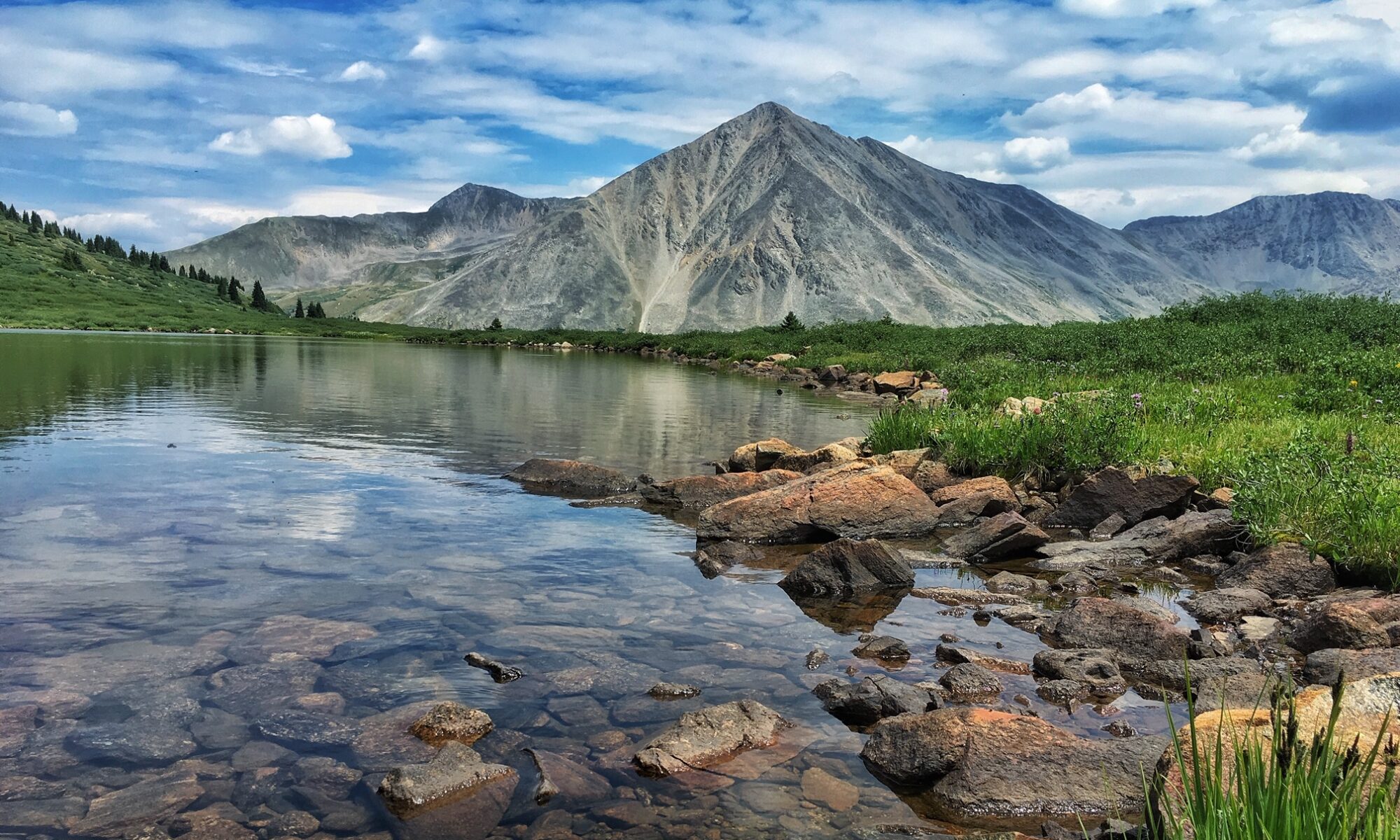Communicating with my teenage boys was no small challenge. But fly fishing provided a language that made it easier. Last weekend, I hung out with my 29-year-old son, Ben. I left amazed at all the wisdom I picked up from him. He offered insights about financial planning and about my workout regimen (which needs to be ramped up a bit).
This weekend, my wife and I will travel to Grand Forks, North Dakota to watch the University of North Dakota Fighting Hawks play their first ever football playoff game since moving up to Division 1 (FCS) a decade ago. They are ranked 8th nationally. Our 23-year old son, Luke, is a senior tight end and a team captain. He has blossomed into a fine leader and is heavily involved in community service in Grand Forks.
I am grateful for the way my sons have emerged from those challenging teen years. This is due primarily to the grace of God. Seriously. It covered a multitude of my parenting blunders. But I also have to give credit to one of God’s gifts which enabled communication during the tough patches.
That gift is fly fishing.
The Language of Life
My boys and I laugh about some tense moments during their teen years. A lot of them involved over-reactions on the part of their dad. Uh, that would be me. We laugh, for example, about scathing note I left for Ben when he didn’t make it home from gopher hunting in time to go with us to his sister’s high school graduation. My purple prose expressed bitter disappointment in Ben and outlined a long list of consequences. I was still seething when I reached the front of the high school auditorium and saw Ben waiting for us. He had his friend drop him off so he wouldn’t be late.
So how did we manage to communicate through the teen years? Fly fishing provided a language which made it possible. We found our voice in the laughter that fly fishers share. Conversation flowed like the river itself, moodiness evaporated like the morning fog. In this setting, my sons were quite willing to listen to my advice — at least about fly fishing. Fly fishing together even created a bond which led to some rather deep conversations about life.
Something else happened too. The conversations we began on the river followed us home. So did the ease with which we communicated. It seemed like our shared experiences on the river nurtured conversations marked by transparency, respect, honesty, and kindness.
By the way, both of my boys still love to fly fish — especially when we can do it together.
Fly fishing is not a magic pill that solves problems between parents and their teens. But time together on the river may yield much more than fish. It may provide a common language, which takes communication to a more productive level.





